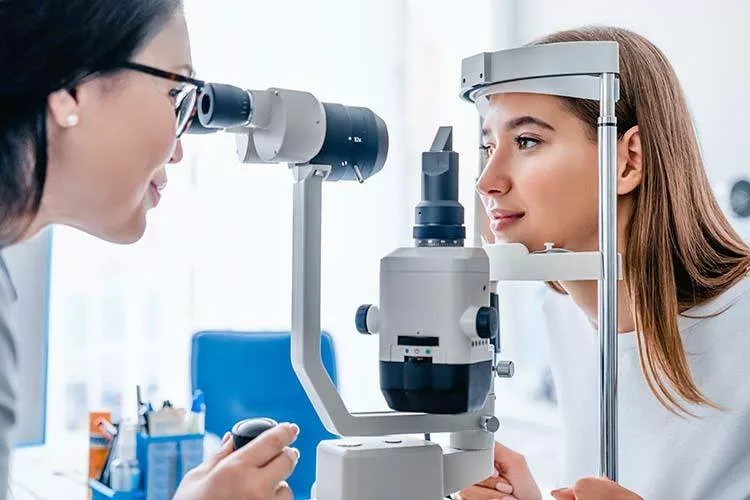When Should You Visit an Ophthalmologist and Why

Good eye health is critical for overall well-being, yet it is often overlooked. Understanding when to consult an ophthalmologist is essential to maintaining your vision and addressing any underlying conditions that could affect your quality of life. This article will discuss the signs, symptoms, and situations that warrant a visit to an eye specialist and explain why seeking timely care is beneficial.

When Should You Visit an Ophthalmologist and Why?
Routine Eye Exams for Preventive Care
Routine eye exams are important even if you do not experience noticeable problems. Regular visits to an ophthalmologist can help detect potential issues such as glaucoma, cataracts, or macular degeneration in their early stages. For adults, it is recommended to schedule a comprehensive eye exam every one to two years. Individuals over 60 or those with chronic conditions like diabetes should visit more frequently to monitor for age-related or condition-specific eye health concerns.
Symptoms That Require Immediate Attention
Certain symptoms indicate the need for an immediate professional evaluation. These include:
● Sudden Vision Changes: Experiencing blurred vision, double vision, or a sudden loss of vision in one or both eyes can be a sign of a serious condition, such as retinal detachment or stroke.
● Eye Pain or Discomfort: Persistent pain, redness, or irritation could point to infections, corneal injuries, or other underlying problems.
● Frequent Headaches: Chronic headaches, particularly those associated with eye strain, may indicate issues such as uncorrected refractive errors or eye alignment problems.
● Flashes of Light or Floaters: Sudden flashes or an increase in floaters might signify retinal problems that require immediate care.
Managing Chronic Conditions
If you have a chronic condition like diabetes or hypertension, regular visits to an ophthalmologist are crucial. These conditions can lead to complications like diabetic retinopathy or hypertensive retinopathy, which may result in vision loss if left untreated. Early detection through routine eye examinations allows for better management and minimizes the risk of long-term complications.
Post-Surgical or Specialized Care
Individuals who have undergone eye surgeries, such as cataract removal or LASIK, require periodic follow-ups to monitor healing and ensure optimal outcomes. Additionally, anyone diagnosed with eye diseases like glaucoma or macular degeneration will benefit from specialized care and monitoring to slow progression and preserve vision.
Finding the Right Specialist
Whether you are experiencing acute symptoms or seeking preventive care, choosing a reliable ophthalmologist is essential. For individuals living in metropolitan areas, searching for an Ophthalmologist clinic near me can provide a list of trusted professionals in your vicinity. Residents of the UAE, for example, may explore options like an Eye Clinic in Dubai for comprehensive care.
Conclusion
Caring for your eyes is an investment in your overall health. Whether for routine check-ups, managing chronic conditions, or addressing acute symptoms, knowing when to visit an ophthalmologist can make a significant difference. Make eye health a priority to protect your vision and enjoy a better quality of life.
Post Your Ad Here
Comments